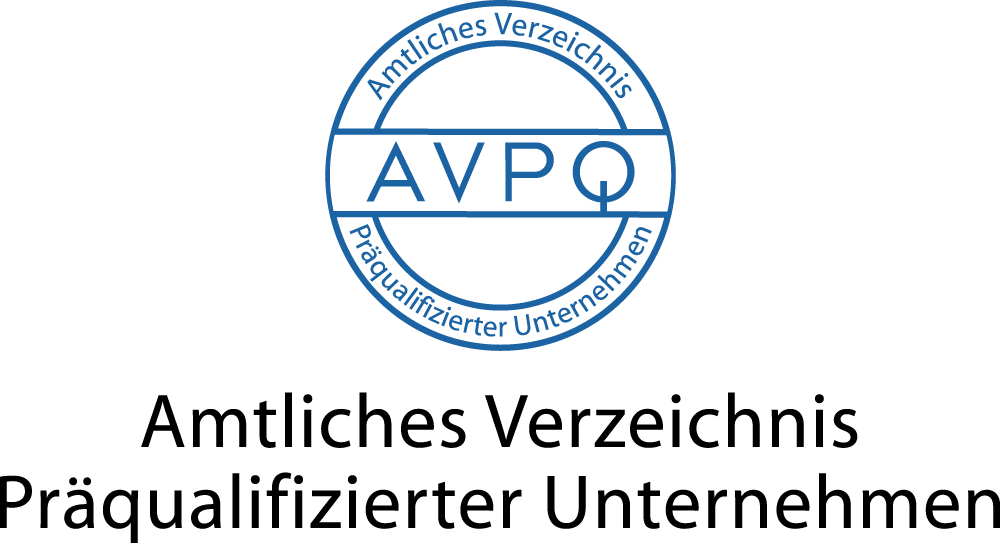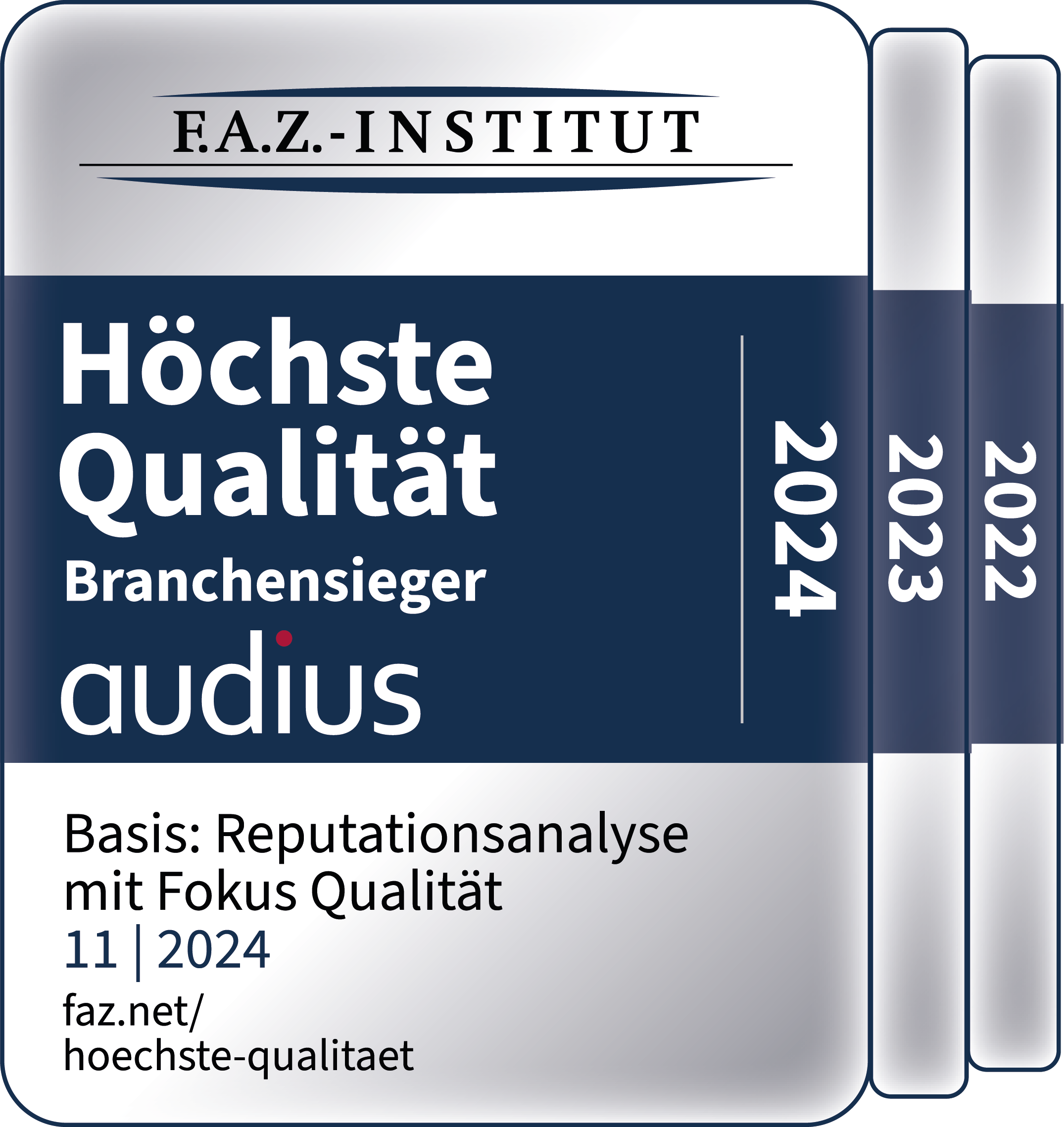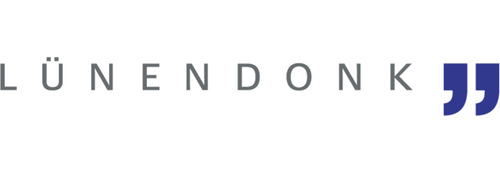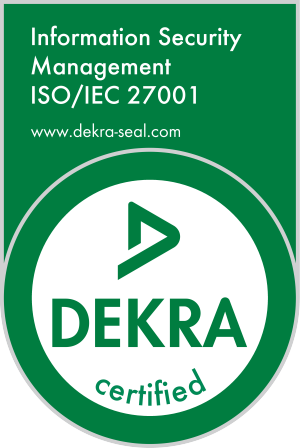Facility Service Desk
Quality and efficiency combined
Faulty lighting elements, faults in the building automation system, inadequate cleaning or delays in processing orders: These are just a few examples of incidents that can throw a smooth-running operation off course or frustrate users. This is where a modern facility service desk comes into its own.

A central point of contact for facility service
Normaler Abstand nach oben
Normaler Abstand nach unten
Benefits
vorteile
Normaler Abstand nach oben
Normaler Abstand nach unten

We have provided a central Facility Service Desk for building operations for a temporary housing complex with more than 400 units. Our service covers electrical, heating and sanitary systems as well as Wi-Fi and the locking system. This provides tenants with a centralized service that ensures rapid resolution when problems arise.

For around 20 years now, we have been providing the central Facility Service Desk for building operations, plant service and building automation systems at six plant sites and for more than 90,000 employees at a leading German automotive manufacturer. We record and manage approximately 1,000 incidents in 7x24-hour operation on a daily basis.

We have provided a central Facility Service Desk for building operations for a temporary housing complex with more than 400 units. Our service covers electrical, heating and sanitary systems as well as Wi-Fi and the locking system. This provides tenants with a centralized service that ensures rapid resolution when problems arise.

For around 20 years now, we have been providing the central Facility Service Desk for building operations, plant service and building automation systems at six plant sites and for more than 90,000 employees at a leading German automotive manufacturer. We record and manage approximately 1,000 incidents in 7x24-hour operation on a daily basis.

We have provided a central Facility Service Desk for building operations for a temporary housing complex with more than 400 units. Our service covers electrical, heating and sanitary systems as well as Wi-Fi and the locking system. This provides tenants with a centralized service that ensures rapid resolution when problems arise.
Product information
produktinformation
Normaler Abstand nach oben
Normaler Abstand nach unten
- We have around 20 years of experience in running our Facility Service Desk for numerous companies and organizations in Germany.
- And we are able to handle huge volumes. Our teams currently process over 500,000 incidents a year.
- We have adapted the acclaimed ITIL process model from IT service to facility service, thus providing reliable processes, detailed benchmarks and best practices.
- We embody the principle "service is human" – with highly trained service staff at five locations across Germany, who combine a professional with a human approach.

"Service is human - that's why we give top priority to the quality and development of our staff."
audius supports you with a 360-degree approach, from the service strategy, through design and implementation, to ongoing operation. This means you never lose sight of any aspect of the complex structure of a modern facility service desk and always have a reliable partner at your side. The focus is on continuous improvement in order to identify all potential and implement it in a verifiable manner.
Our certifications and awards
Normaler Abstand nach oben
Normaler Abstand nach unten
Trends und Insights
Normaler Abstand nach oben
Normaler Abstand nach unten
Our partnerships / memberships
partner
Normaler Abstand nach oben
Normaler Abstand nach unten

Our answers to frequently asked questions
faq
Normaler Abstand nach oben
Normaler Abstand nach unten
What are self-services?
Self-service is a support model that allows end users to solve their own problems or fulfill their own service requests without the need for direct assistance from a support agent. Self-service solutions are typically provided via a web-based portal or mobile application and allow users to access a range of resources and tools to help them resolve their own issues.
Common examples of self-service solutions include:
- Knowledge base articles: End users can access a library of articles and resources to help them troubleshoot or provide answers to frequently asked questions.
- Chatbots: Chatbots can provide automated assistance to end users through natural language processing and machine learning, helping them resolve issues or fulfill service requests without the need for human intervention.
- Self-service portals: These provide users with a set of tools and resources, including the ability to log and track their own incidents or service requests, view status updates, and access a range of self-help resources.
- Video tutorials: Users can access video tutorials and other multimedia resources to learn how to use software applications, devices, or other technologies.
Self-service solutions offer organizations a number of benefits, including greater efficiency, lower costs, and higher end-user satisfaction. By giving users the tools and resources they need to resolve their own issues, organizations can free up their support staff to focus on more complex issues. At the same time, the availability of faster and more convenient support options improves end-user satisfaction.
Why is continuous training important for service desk employees?
In the IT and facility environment, requirements and solutions are constantly changing. Regular training ensures that service desk employees have up-to-date knowledge and are able to provide the best possible support - whether in the IT or facility sector. The training measures are complemented by the integration of knowledge management into day-to-day work.
What role do feedback tools play in the service desk?
Feedback tools enable service desks to learn directly from users. This provides valuable insight into areas that require improvement and encourages continuous improvement initiatives. This can be crucial for both IT and facility support measures.
What are the advantages of service desk outsourcing?
Service desk outsourcing can offer cost savings, as well as access to specialized expertise and better scalability. In particular, it can allow companies to focus on their core competencies while external experts take care of IT and facility support issues. This can also lead to improved service concepts and higher IT service quality.
What is service transition?
Service transition is a phase in the IT service management (ITSM) lifecycle that focuses on transitioning new or changed services into the live environment. It comprises the planning, coordination, and implementation of changes to the infrastructure and related services to ensure that the new or changed services are provided to the organization in a controlled and coordinated manner.
Service transition encompasses several key processes, including change management, asset management, and knowledge management. The service transition phase plays a critical role in the overall ITSM lifecycle. By following a structured service transition process, organizations can minimize the risk of disruption to existing services while ensuring that new services are delivered on time and within budget.










